GENERALS OF NAPOLEON (11) - DAVOUT - "The Unbeaten"
Davout was to Napoleon what Arakcheev was to Alexander—though not a coward like Arakcheev, he was as precise, as cruel, and as unable to express his devotion to his monarch except by cruelty.
Few generals of Napoleon have the honour of appearing in Tolstoy’s War and Peace. Even fewer are those who are endowed a few lines of dialogues and action. And if Davout is given such a cruel portrait, it is probably because he was famous (and notorious) for the iron discipline with which he controlled his troops and his ruthless drive which was equalled only by the drive of his own master.
Born in 1770, in a modest aristocratic family, Davout enters the military school of Brienne-le-Chateau in 1785. He leaves 3 years later, just when the Revolution is starting. Davout immediately embraces the new ideals and becomes such a thorn in the foot of the hierarchy of his regiment that he is arrested and sent jail in Arras. He eventually gets his release against his resignation from the army.
[Davout in his regiment uniform, in 1789]
However, two years later, in 1791, he is back as a volunteer in the armies of the Revolution: Army of the North first, where he is at the battle of Neerwinden. Then, at the Army of the Rhine, where he makes one of his only true friend: General Desaix. He owes it to him to be part of the Expedition of Egypt: he takes part in the Battle of the Pyramids and in the battle of Aboukir, with honour. He is not part of the first batch of generals who come back with Napoleon. On the contrary, he goes back only with Desaix in 1800, to be made commander in chief of the cavalry during the Italian campaign leading to Marengo.
[Davout in Egypt]
After this promotion, Davout definitely seals his place in the inner circle of Napoleon by marrying the sister of the General Leclerc, who is married to a sister of Bonaparte. His skills and his political weight make him a mandatory Marshall in the first promotion of 1804. But to be frank, the best is yet to come when it goes to his military career and to earn his nickname of the “Iron Marshall”.
In 1805, Davout is occupying Vienna with his 8000 troops when the order comes from Napoleon to join Austerlitz. 48 hours and 110km later, Davout arrives on the site of the battle at dawn, right in time when the battle is launched and will resist on the right flank agains the assaults of the Russians and Austrians while Napoleon routs the center of the Allies.
But the best is yet to come: in 1806, Prussia launches itself, alone, against Napoleon. This one wants to play on the rapidity of his veterans. But the Grande Armée is so fast that, at the head of the 3rd Army Corp, Davout encounters at Auerstaedt the main of the Prussian army, while Napoleon, the same day, faces the rearguard. Davout has only 27.000 men and 44 canons against 60.000 Prussians soldiers and 230 canons. When the Prussians realize that they “only” face a fraction of the Grande Armée, they launch themselves at it, but thanks to his tactical ability and his discipline, Davout is able to repulse the attacks, and is eventually able to counter-attack and rout the Prussians who flee in disorder.
However, at the same moment, Napoleon is also crushing the other part of the Prussian army at Iena. Napoleon is aware that his victory is far less prestigious than the one of Davout. But even if he claims the day for himself, Napoleon allows Davout and his 3rd Army Corp to enter Berlin the first later on and gives to Davout the title of Duke of Auerstaedt.
[Davout and his 3rd corp entering Berlin]
After the Prussians, it’s the Russians against who Davout proves himself again, at the battle of Eylau (1807). And then after that it’s again the Austrians who try their luck but are defeated at Wagram and Essling. For his actions at Eckhmul, he is created Prince of that name.
Once this last campaign finished, he is nominated at the head of the newly created Grand Duchy of Poland, which he manages with his customary iron hand. He is later on given full command of the troops in Germany, with which he is to apply the continental blocus, and stamp out any smuggling of goods from England. Soon, with the deterioration of the relations of Russia, he is in charge of assembling an ever-larger army to face the imminent campaign.
However, the Russian campaign will prove bitter for Davout: Napoleon does not listen to his advice anymore, favours the vanity of Murat, and launches himself into costly frontal attacks, like at the battle of the Moskowa. Davout himself almost dies, but has only his horse killed under him. In charge of the retreat with Ney, Davout escapes from the mud of Russia’s roads disillusioned and bitter.
But Davout stays the soldier he always was and defends valiantly Germany against the Allies. Napoleon has however the bad idea to send him to control Hambourg and the north coast of Germany. Davout shuts himself up into Hambourg in May 1813 and won’t give up the place until April 1814 - one month after the abdication of the Emperor! This action won’t win him any favour from the king Louis XVIII who forbids him to stay in Paris.
Eventually, Davout has one last occasion to shine in the Hundred Days. Back in Paris, Napoleon convinces his old comrade to take the portfolio of Minister of War. His mission: re-assemble the Grande Armée for one last campaign against the kings of Europe. In only 3 months, he is able to muster more than half a million troops, but won’t take part at Waterloo. He stays behind, in charge of the troops of the capital.
[Statue of the Iron Marshall, in Auxerre]
When Napoleon is back from Waterloo, Davout must eventually convince him to abdicate a second time, this one for good. Napoleon will not forgive him. Master of the discipline as ever, Davout organizes the evacuation of the French troops from the capital, and eventually gives back the command to the agents of the royal government in charge of dismissing them.
His last stand is at the trial of the Marshall Ney: his testimony in favour of the general displeases so much to Louis XVIII that his titles are revoked. Miser will follow, then illness, and eventually death by phthisis in 1823.
He is the only unbeaten general of Napoleon. And the only one who could win battles and manage countries like the Emperor.
[Tomb of Davout at Pere Lachaise cemetery in Paris]
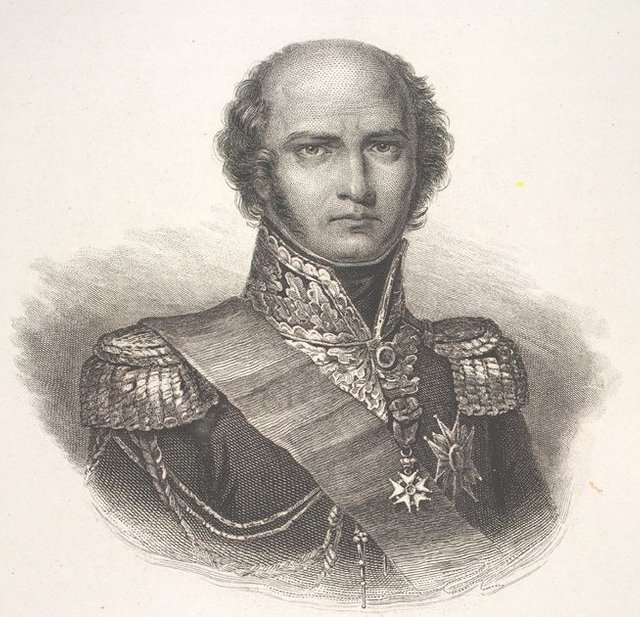
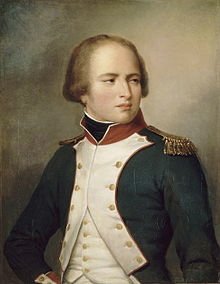
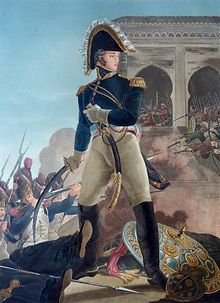
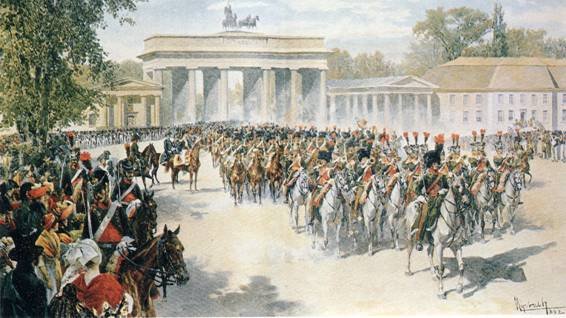
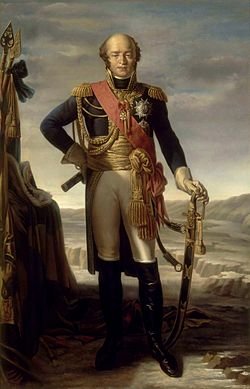
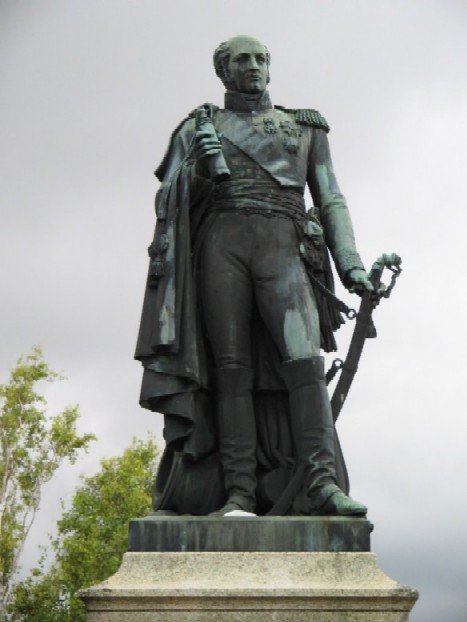
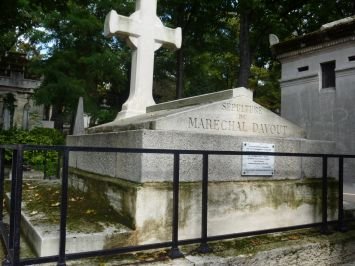
nice post @herverisson May I suggest list your sources for the story as well as your pics. It makes your article better and maybe more support. I was told when I first started too. Good luck and if you have any questions, feel free to let me know, anyone here for that matter.
full $teem ahead!
Thanks, streetstyle! It was such a long post for me that i forgot to take notes of the sources. I'll be careful next time.